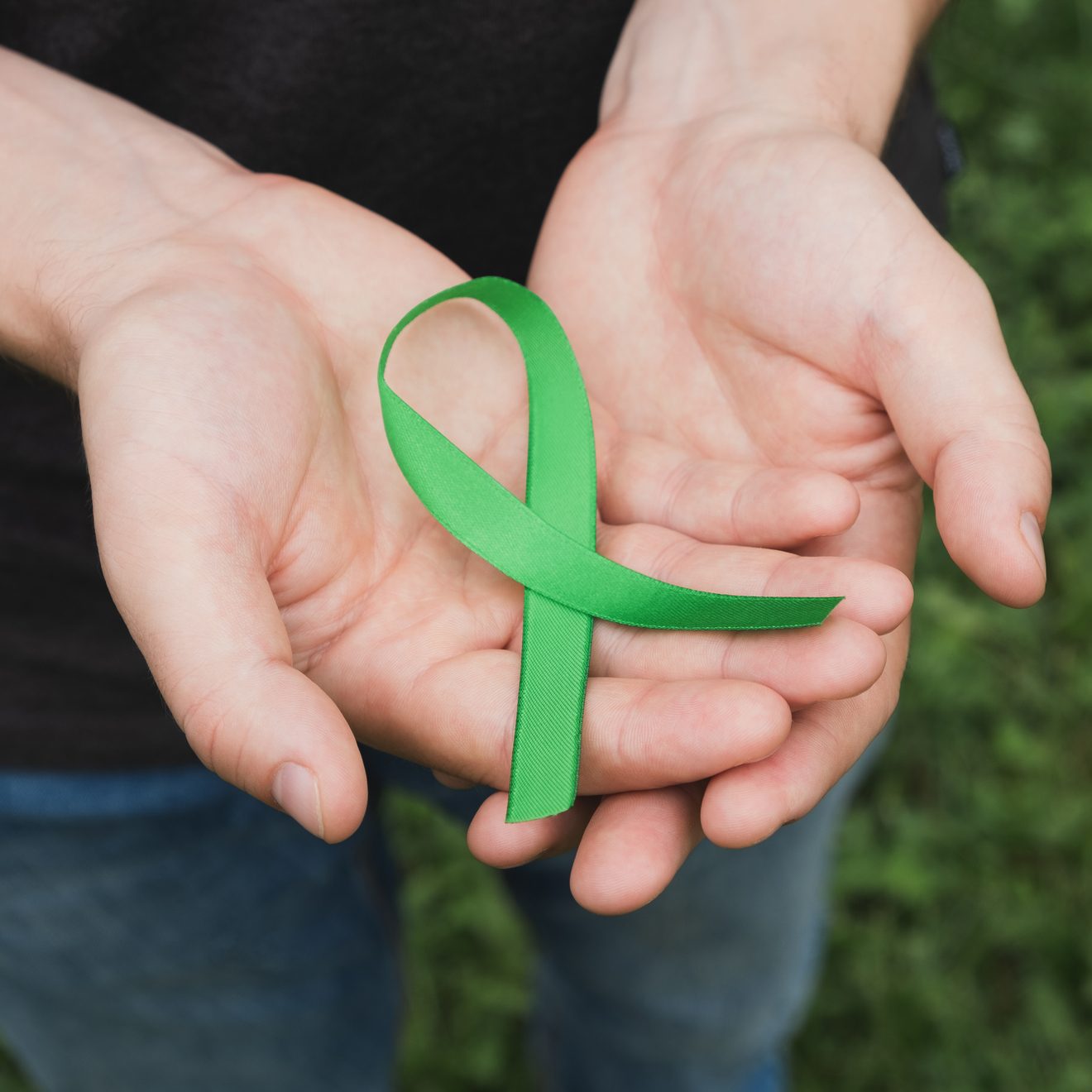As I sit down to write, I have the image of the White Rabbit from Alice’s Adventures in Wonderland. He appears wearing a blue waistcoat, clutching his timepiece and muttering “Oh dear! Oh dear! I shall be too late!”. Lately, I constantly feel behind and as if there are not enough hours in the day.
Add on the holiday merriments, and I’m left feeling like I’ve slipped down the rabbit hole. In an effort to ease the anxiety that accompanies these feelings, I’ve been trying to figure out why I feel unbalanced and rushed. In doing so, I am observing all the external pressures to show up, to choose the perfect gift and show off my flawlessly decorated holiday home (not too much hope for that).
In noticing the pressures, I realized, I could choose to pause and listen; not to the external world, but to nature and my inner voice. I received a different message when I focus here; one telling me it’s okay to turn down that invitation, to not worry about that last minute gift, and to slow down.
In my stillness, as the winter solstice marked the shortest day of the year (and the longest night), I was reminded of all nature has to teach us, if only we listen. While the external forces were inviting me to socialize and consume, nature was telling me to slow down, to rest and reflect. No wonder I felt off balance.
In winter animals hibernate and trees and seeds go dormant; perhaps we are meant to as well. And perhaps the stress and hurry rob us of a chance to replenish. I’m not advocating for canceling all of your holiday plans or pulling the blankets over your head till March, but perhaps between the social commitments, shopping, decorating, cooking, and family get-togethers, you can find a moment to pause.
And if you did over commit during the holidays, look for ways to be kind and nurturing to your self today. Try these tips:
- Get 7-8 hours
- Avoid consuming sugar, caffeine, and alcohol or other substances
- Take time for yourself
- Get outside for at least 15 minutes each
- Be physically active, but gentle
- Try a guided mediation or breathing technique
- Practice letting go of the need for perfection
- Do something kind for someone else



 As I read news that
As I read news that  Yesterday, as we hit the one-year mark since the COVID-19 shutdown, I started to think about anniversaries. Have you ever felt a sense of sadness from out of the blue, only to look at the calendar and realize that your feeling corresponds with the anniversary of some unhappy or jarring event?
Yesterday, as we hit the one-year mark since the COVID-19 shutdown, I started to think about anniversaries. Have you ever felt a sense of sadness from out of the blue, only to look at the calendar and realize that your feeling corresponds with the anniversary of some unhappy or jarring event? You shouldn’t judge a book by its cover.
You shouldn’t judge a book by its cover.